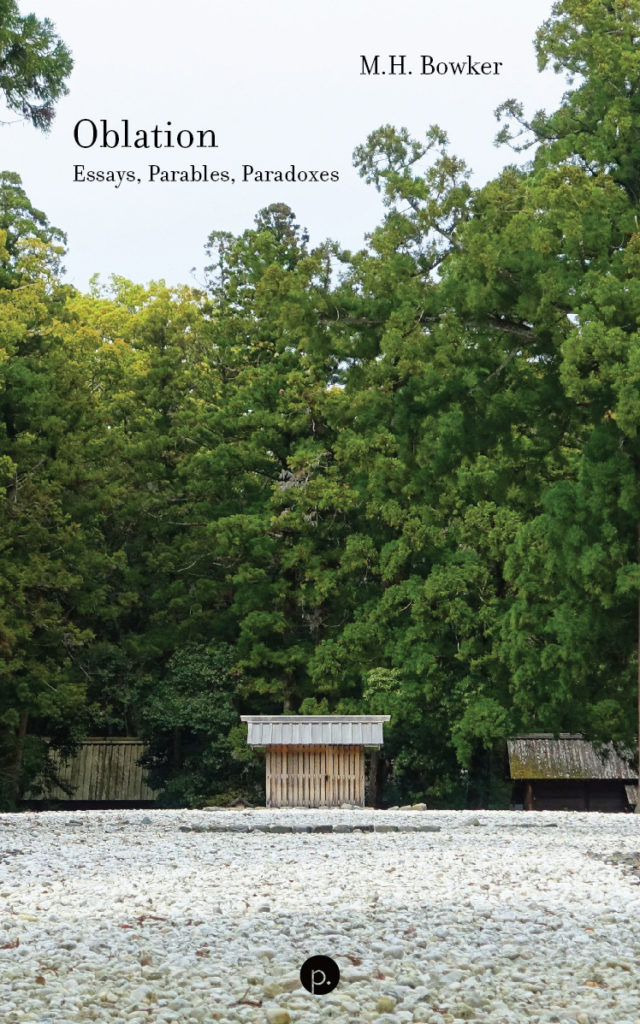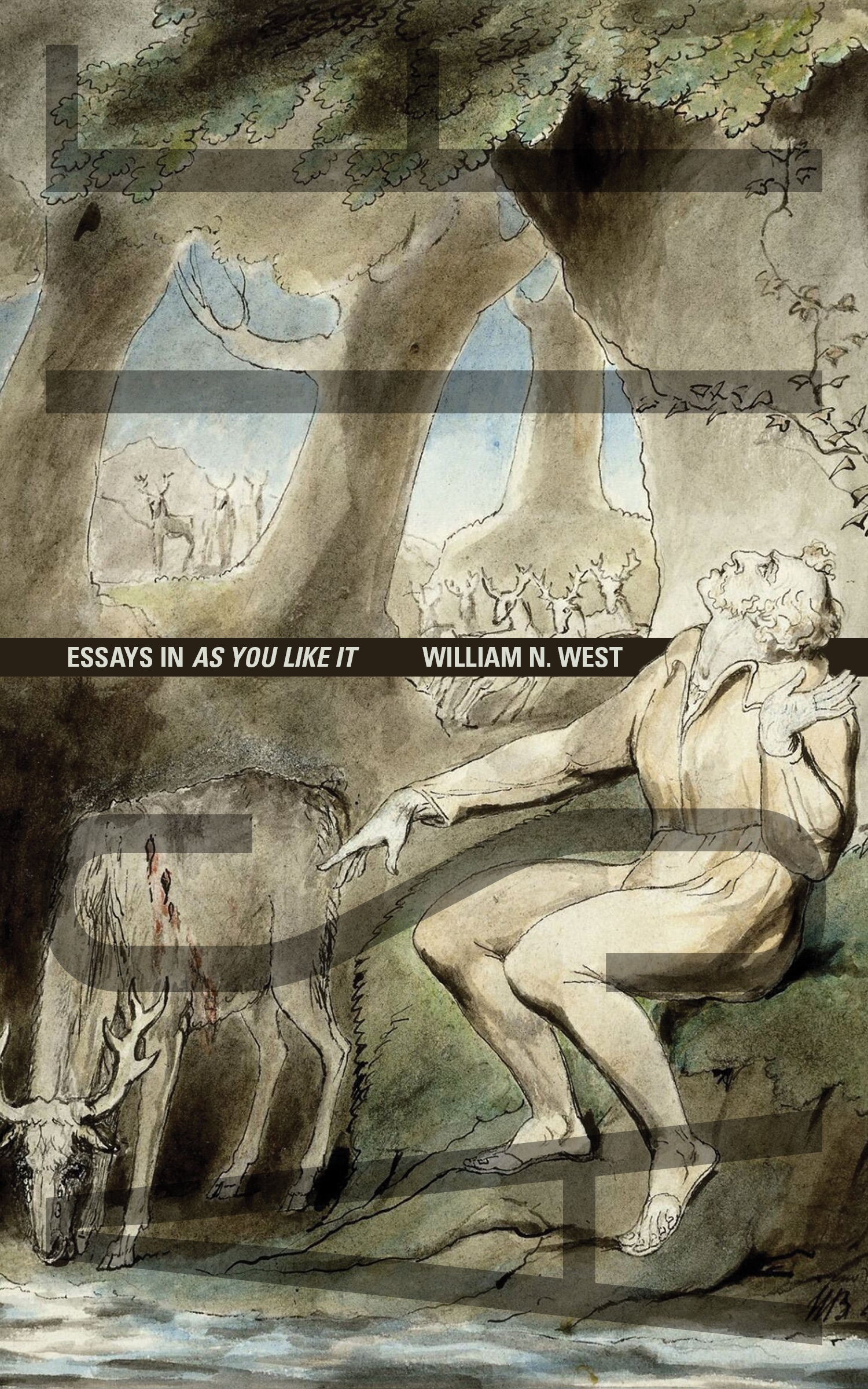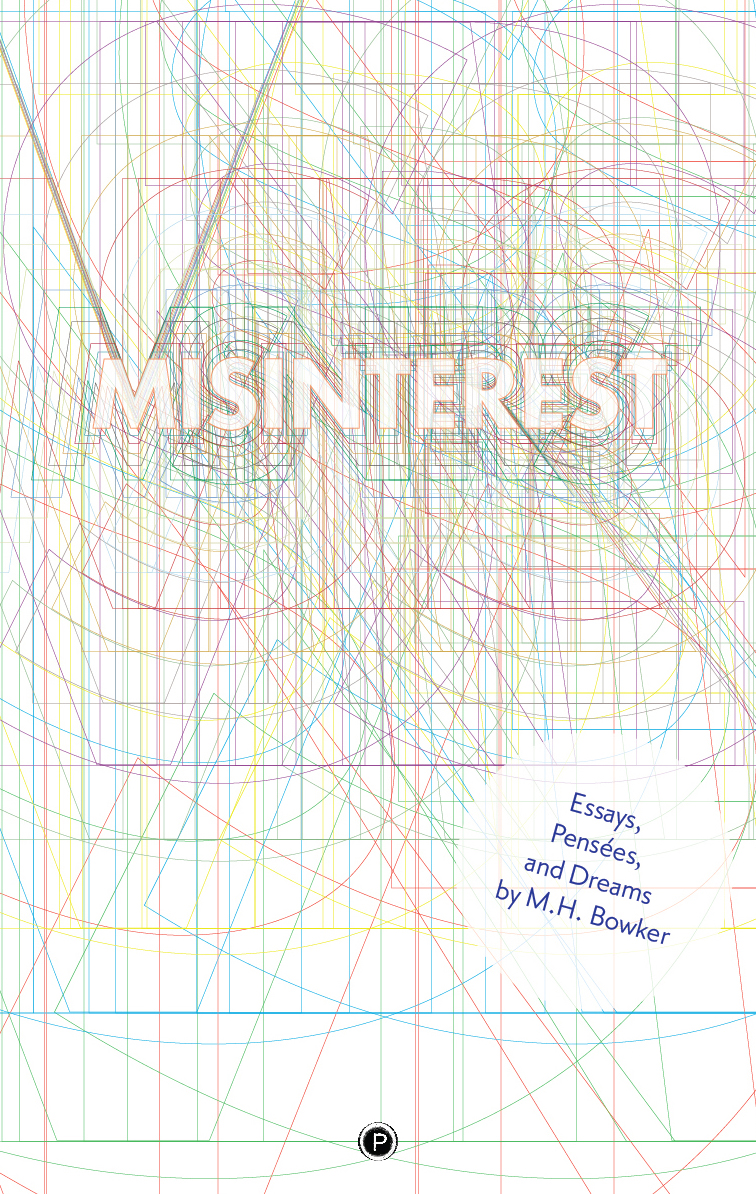Elements of this book, Oblation: Essays, Parables, and Paradoxes, defy reason. They do so for good reason. Much of what we do, much of what we think, is oblation: sacrifice, offering, to something or someone. The root of “oblation” (Hebrew: korban) is “to draw near” or “to dwell in.” It refers to what is brought unto the altar, literal or proverbial — the profoundest oblation being the reason that binds us together, our very souls, our dearest loves, indistinguishable from ourselves, our Isaacs on our Mount Moriahs.
The natures of our oblations characterize our relationships to objects great and small, e.g., Lords and loved ones, groups and masses of signifiers. Oblative transactions promise meaning, yet we are full of questions. What is it that cries out for oblation? How do we hear its voice? Are we, in fact, called, or do we, on the contrary, offer every bit gratuit? Why, as Albert Camus famously remarked, do “the stage sets collapse” as we offer ourselves to life’s routine?
Consider our choices. We may:
- Offer ourselves in oblation to the law, as reparation for damage, real or fantasied. This is the foundation of moral philosophy. We face a unique guilt at not being false selves when we refuse to observe convention, “play the game.” The deities of meaning will lift up our poor spirits, but only if we comprehend the rite and make the requisite offering.
- Live by habit in ignorance, displaced from the meaning of our oblations.
- Hate life and all that is lively in our lives or others’, for rejecting oblation makes us derelicts in the true sense of the word: completely forsaken, abandoned, left behind.
- “Get off” on our inability to make sense of oblations satisfactorily, accentuate their impossible, chimeric quality. This is one meaning of ‘jouissance.’ It is not asceticism. It is rooted in the suspicion that the closest we come to making meaningful offerings is denouncing them.




